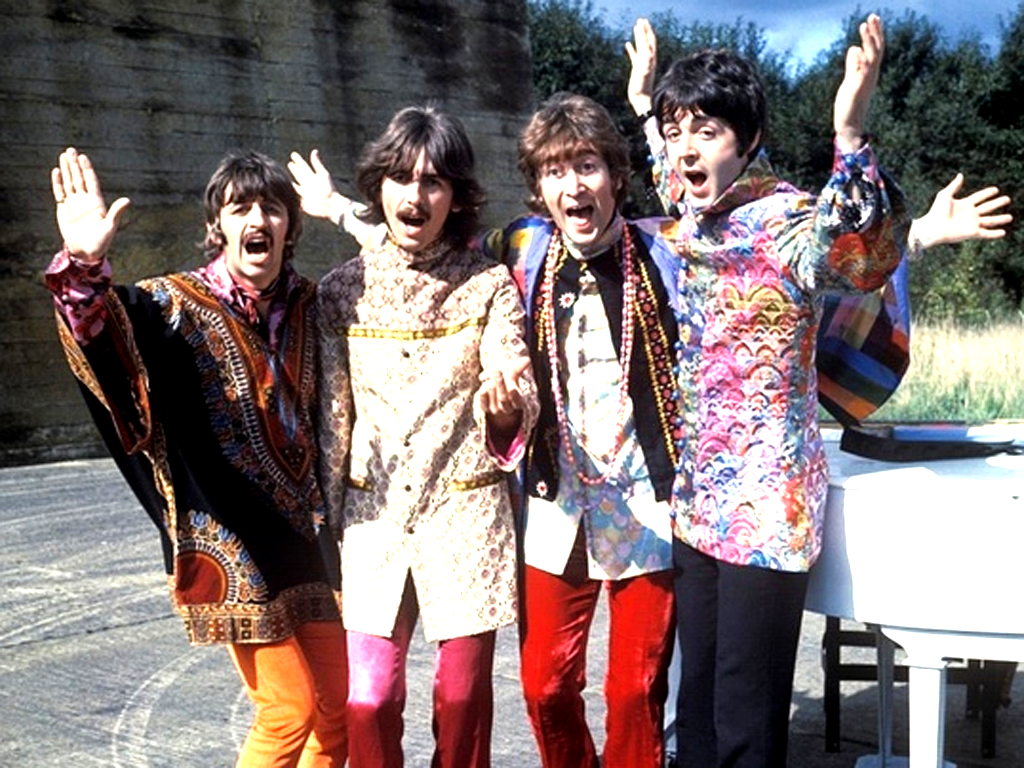Hallucinogenic health trip: LSD may not be bad for you, says study
‘Not much evidence’ for long-term problems over the past 50 years, Norwegian researchers conclude

The late acid guru Dr Timothy Leary would doubtless have claimed to have known it all along, but after conducting an exhaustive study on tens of thousands of Americans, a team of Norwegian scientists has concluded that LSD may actually be good for you.
Researchers Pal-Orjan Johansen and Teri Krebs from Norway’s University of Science and Technology in Trondheim examined American drug-use surveys carried out between 2001 and 2004 on over 130,000 US citizens, of which 22,000 had used a psychedelic drug such as LSD at least once in their lives.
The results may not amount to an appeal to “turn on, tune in and drop out”, but they appear to overturn the opinion long-held in parts of the medical establishment that LSD and other “mind-enhancing” drugs automatically result in debilitating flashbacks, uncontrollable paranoia attacks and a desire to leap off buildings.
In the science journal PLOS One, Mr Johansen and Mrs Krebs wrote: “There were no significant associations between lifetime use of any psychedelics, or use of LSD in the past year, and an increased rate of mental health problems. Rather, in several cases psychedelic use was associated with a lower rate of mental health problems.”
In an interview with Norway’s English-language news website, The Local, Mr Johansen said that expert studies which attempt to discover whether psychedelic drugs such as LSD, mescaline and the “magic mushroom” drug psilocybin are harmful had not demonstrated that they caused chronic health problems.
“Everything has some risk; psychedelics can elicit temporary feelings of anxiety and confusion, but accidents leading to serious injury are extremely rare,” Mrs Krebs told the website. “Over the past 50 years, tens of millions of people have used psychedelics and there is just not much evidence of long-term problems,” she added.
The scientists claimed the notion that LSD and other psychedelic substances damaged mental health stemmed from a small number of case reports on patients who were already suffering from some form of mental illness.
They added that both psychedelic drug use and the onset of mental illness tended to occur in late adolescence, which in the past had led researchers to wrongly attribute mental problems to LSD.
“Both mental illness and psychedelic drug use are prevalent in the population, which likely leads to many chance associations,” Mr Johansen said.
Both scientists concluded in a report published last year in the British Journal of Psychopharmacology that a single dose of LSD was a highly effective treatment for alcoholism. They recommended that the drug be used more often to help patients with a drink problem and argued that it was probably just as effective as current medications used to treat alcohol addiction.
Dr Leary – a champion of LSD who was simultaneously a cult figure for the late 1960s Hippie movement and branded the “most dangerous man in America” by President Nixon – came to similar conclusions in the 1950s while researching the drug at Harvard. He died in 1995.
The Trondheim researchers said their conclusions about LSD and alcoholism were based on surveys carried out in the 1950s, 1960s and 1970s. They said they had come across a total of six studies which met contemporary scientific standards. They established that 59 per cent of patients who had been given a dose of LSD had either stopped drinking completely or were drinking less than they were before taking the drug.
Strange trip: The acid story
1943 World’s first “acid trip” taken by Swiss chemist Dr Albert Hofmann who stumbled on LSD almost by accident while trying to discover beneficial properties of the ergot fungus, commonly found on rye plants, for the Sandoz chemical company. Hoffman’s first trip lasted two hours. His second last six hours and he reported experiencing “Alice in Wonderland” (pictured) fantasies.

1950s-1960s Harvard University psychology lecturer Dr Timothy Leary (above) carries out research on psylocybin from “magic mushrooms”. His findings are labelled subversive and he is expelled from Harvard. Branded “the most dangerous man in America” by Richard Nixon, Leary praises LSD (“turn on, tune in, drop out”) and becomes a founding father of the hippie movement. (Picture credit: Getty Images)

1960s-1970s By the late Sixties LSD, along with marijuana, has become a popular recreational drug for the anti-Vietnam war, counter-culture and flower power movements. LSD is referenced in songs such as “Lucy in the Sky with Diamonds” by the Beatles and “Purple Haze” by Jimi Hendrix (above, credit: Getty).
1980s-present LSD experiences something of a revival in the Rave scene where it continues to be taken along with Ecstasy and a battery of newer but still illegal mind-altering substances. (Getty)
Join our commenting forum
Join thought-provoking conversations, follow other Independent readers and see their replies
Comments
Bookmark popover
Removed from bookmarks